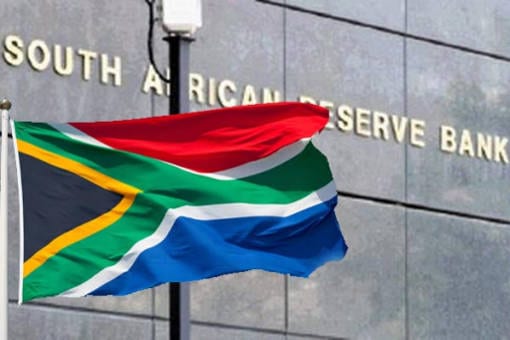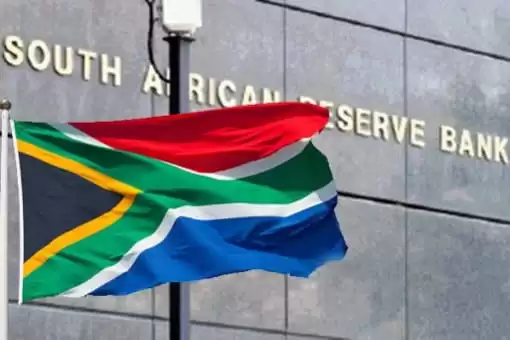

Last updated on September 11th, 2021 at 03:14 pm
Ratings agency Moody’s followed S&P Global and Fitch in spelling bad news for Africa’s second biggest economy, South Africa, now facing a slowdown in economic growth and rising debt burden.
The rating agency moved South Africa one step closer to “junk” status on Friday by revising the outlook on the country’s last investment-grade credit rating to “negative”.
Analysts had expected the outlook revision on the ‘Baa3’ rating, the lowest rung of investment grade, after a bleak mid-term budget statement this week that slashed this year’s growth forecast to 0.5% and showed government debt racing to more than 70% of gross domestic product by 2023.
S&P Global and Fitch already have South Africa’s debt in sub-investment grade.
“The negative outlook signals in part Moody’s rising concern that the government will not find the political capital to implement the range of measures it intends, and that its plans will be largely ineffective in lifting growth,” Moody’s said in a statement after South African financial markets had closed.
“The development of a credible fiscal strategy to contain the rise in debt, including in the 2020 budget process and statement, will be crucial to sustain the rating at its current level,” the agency added.
The negative outlook means there is a window of 12-18 months in which a downgrade could be delivered.
A move to “junk status” typically increases a government’s cost of borrowing by raising the premium that investors demand to hold its debt.
A downgrade to sub-investment grade could also see South Africa evicted from the benchmark World Government Bond Index of local currency debt, which could trigger billions of dollars of passive outflows.
Phoenix Kalen, director of emerging markets strategy at Societe Generale, said South Africa was now in the “last-chance saloon” and that it had to stabilize its debt trajectory.
“This will be a Herculean task,” Kalen said, citing financial pressures at state-owned companies among causes for concern.
The South African government has been forced into repeated bailouts of state companies such as struggling power firm Eskom, which is due to receive more than 100 billion rand ($6.65 billion) of state money over the next two fiscal years.
The Oklahoma City Thunder secured their tenth consecutive victory by beating the Chicago Bulls 145-117. This victory raised their season…
Rob Walter Resigns his Position as coach for the Proteas men's team for white-ball games because personal problems needed attention.…
Starting April 2, South African drivers will get lower costs when filling their tanks as fuel prices decrease for all…
The U.S.-based driver training company Zutobi analyzed road safety worldwide and found South Africa stays last in driving danger since…
The Basketball Africa League (BAL) returns for its 2025 season with exciting changes and developments. Since 2019 the NBA-linked basketball…
The Somali president supports their military forces to eliminate the threats from Al-Shabaab, ISIS, and Al-Qaeda. The Somali National Army…
This website uses cookies.